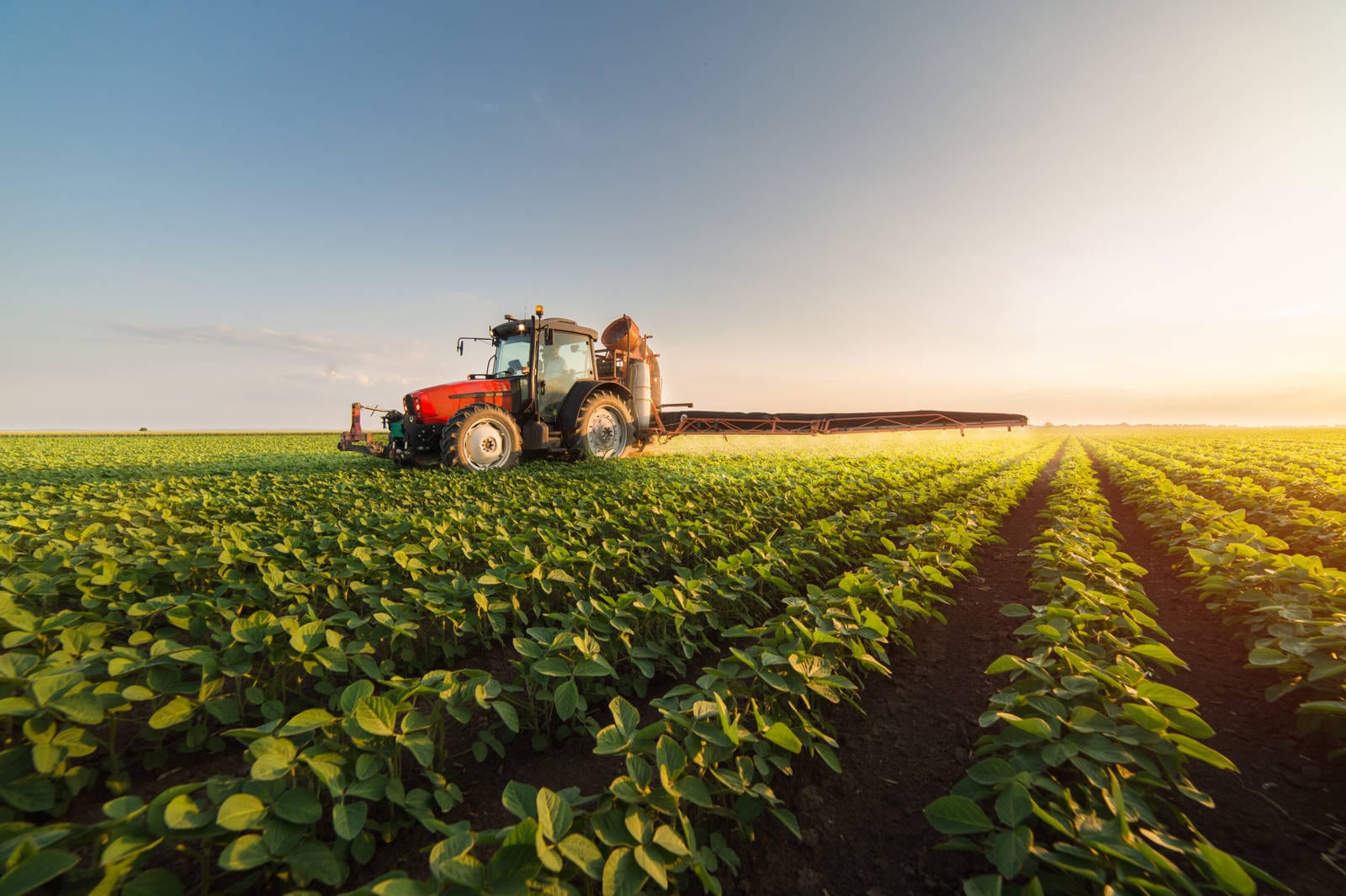What Should International Customers Expect from the Next Generation of Farmers?
Each generation enters the workforce bringing new perspectives and processes. As new technologies and trends emerge, the world changes, and that includes the world of farming. How are new generations shaping the future of farming, or are they even interested in farming?
According to a recent study, “Farmers of Tomorrow: Generation Z’s Future in Agriculture,” a generational shift study by marketing communications agency O+B | P, U.S. soybean customers should expect the next generation to be more educated and focused on farming as a business, among other insights.
The study is the first comprehensive look at how the next generation views farming and ranching. The full study provides interesting insight into the next generation, from purchasing habits to decision-making and interest in farming in general.
Who Is Generation Z?
Generation Z, or “Gen Z” as the study calls them, makes up the largest population base at 26 percent in the U.S. They are defined in the study as youth raised in agriculture between the ages of 18 and 22. Current farm operators are defined in the study as “BoomXY,” which covers the Baby Boomer, Gen X and Millennial generations, ranging from 28 to 74 years old. Nearly 300 farm families in the U.S. are represented in the study.
Education
The research results showed there is not a lack of interest in agriculture, but, rather, a difference in what role the younger generation may play in it. Eighty-nine percent of Gen Z respondents who are currently active on their family farm plan to continue working on the farm in the future, but only 54 percent intend to take over the farm one day. For those who did not want to take over farm responsibilities, obtaining a degree in an agriculture-related field was of interest. Around 87 percent of the Gen Z respondents attended some college, with 18 percent having earned a bachelor’s or master’s degree.
For the next generation, obtaining a degree in agriculture is a way to continue to participate in the industry with fewer of the risks associated with owning and operating a farm. New programs such as a precision agriculture degree offered from South Dakota State University will soon bring an entirely new generation of students prepared to work with new technologies.
Engagement
According to the study, Gen Z has a more positive outlook on government entities such as the U.S. Department of Agriculture, the Food and Drug Administration and the Environmental Protection Agency than the BoomXY generations. Additionally, more than half of Gen Z respondents are active in industry organizations and 81 percent see large company support of farming as very important. Many of the Gen Z respondents are active in industry associations such as farm bureau or state corn and soybean groups.
Other points of interest from the study indicate that Gen Z participants are twice as likely to begin working full-time on the farm before the age of 18 as BoomXY participants, if that is their career path of choice. Gen Z respondents also have more positive opinions on existing herbicide and insecticide technologies and on urban farming, aligning with consumers’ interests.
The Future is Bright
What does this mean for the future of farming? It appears that there certainly isn’t a declining interest in agriculture. The next generation of U.S. farmers are educated, engaged and seeking a niche into one of the many different facets of the agriculture industry.
